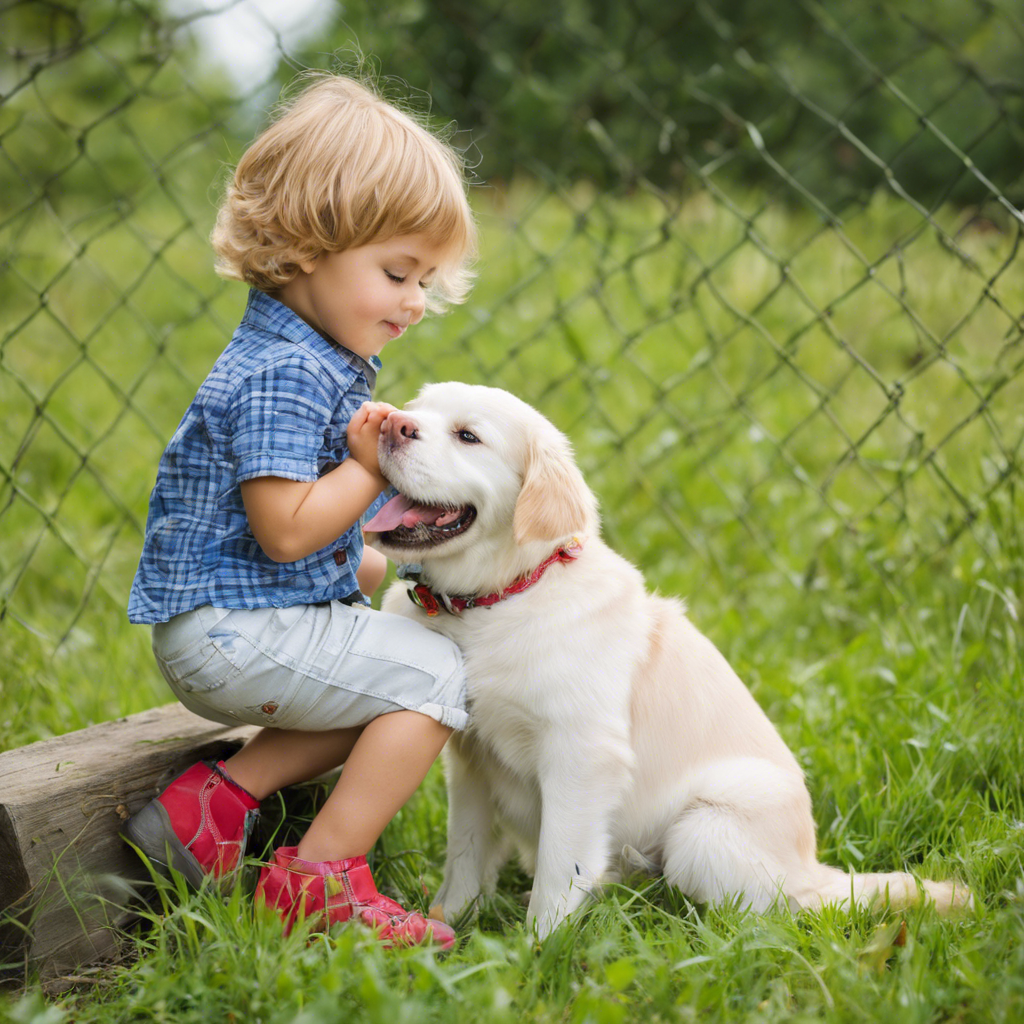Exploring the positive impact of pets on children’s social and emotional development, focusing on attachment styles.
The presence of pets in a family setting can significantly influence a child’s social and emotional growth. **Attachment styles**, which are patterns of behavior formed through early relationships, are an essential aspect of a child’s development. This article delves into the fascinating connection between pet ownership and the attachment styles children exhibit, highlighting the potential benefits of growing up with furry companions.
Understanding Attachment Styles
Attachment styles are the behavioral and emotional responses individuals develop based on their early caregiving experiences. These styles profoundly affect how people relate to others throughout their lives. There are several primary attachment styles, each with its own unique characteristics.
Secure Attachment
Children with secure attachment styles tend to have had consistent and responsive caregivers. They feel comfortable seeking support and are confident in their relationships. This results in a belief that their needs will be met and a general trust in others.
Anxious Attachment
Anxious attachment arises when caregivers are unpredictable or inconsistent in meeting a child’s needs. These children often crave attention and can become overly dependent on others. They may constantly seek reassurance and worry about abandonment.
Avoidant Attachment
Children with avoidant attachment have often learned to suppress their needs due to caregivers being emotionally unavailable. They tend to avoid intimacy and may seem self-reliant, but this can mask underlying feelings of insecurity.
Pets as Secure Bases and Safe Havens
A study published in the Journal of Applied Developmental Psychology explored the role of pets in children’s attachment styles. Researchers found that pets can provide a sense of security and comfort, similar to that offered by responsive caregivers. This is particularly notable in cases where children may lack consistent human support.
The Benefits
Pets can offer a unique form of companionship, fostering the development of secure attachment styles in children. They provide a safe haven and act as a secure base, encouraging emotional exploration and the development of healthy relationships.
Unconditional Love
Pets offer unconditional love and acceptance, which can be especially beneficial for children who may face challenges in human relationships. This can help foster a sense of trust and confidence, contributing to the development of a secure attachment style.
A Source of Comfort and Support
Research suggests that pets can provide a form of social support, helping children regulate their emotions and navigate stressful situations. Their non-judgmental nature allows children to express themselves freely, promoting emotional well-being.
Encouraging Empathy and Responsibility
Caring for pets can teach children valuable lessons in empathy and responsibility. Understanding the needs of another living being fosters compassion and encourages children to consider others’ perspectives.
Practical Applications
Introducing pets in therapeutic settings or classrooms can provide children with opportunities to develop these skills. By nurturing and bonding with pets, children can learn to recognize and respond to the needs of others, potentially improving their attachment styles.
External Resources:
1. The Impact of Pet Ownership on Children
2. The Importance of Pets for Children’s Development
3. Pet Ownership Benefits for Children
FAQs
Can pets help children with separation anxiety?
Yes, pets can be a source of comfort for children experiencing separation anxiety. Their presence can provide a sense of security during transitions and periods of change.
How do pets influence a child’s emotional intelligence?
Pets can enhance emotional intelligence by teaching children to recognize and respond to emotions. They learn to interpret body language and behavior, helping them understand and manage their own emotions better.
Are there any potential risks in having pets for children’s attachment styles?
While pets can positively impact attachment styles, there may be instances where they are unable to fully replace the role of human caregivers. It’s essential to ensure that children receive adequate social support from both pets and human relationships for optimal development.
Conclusion
The presence of pets in a child’s life can have profound effects on their attachment styles and overall social-emotional development. From providing a sense of security to teaching empathy and responsibility, pets offer unique benefits that contribute to healthy childhood growth. As research continues to explore this fascinating relationship, it becomes increasingly clear that pets are more than just companions; they are integral to shaping a child’s emotional landscape.
